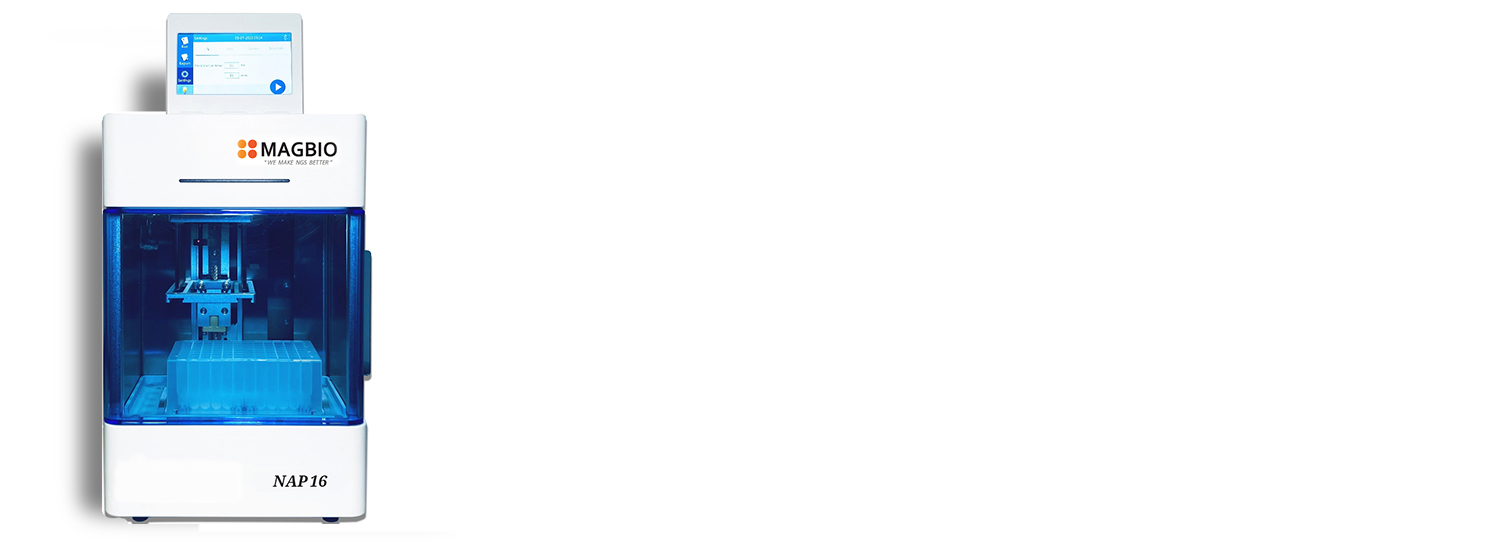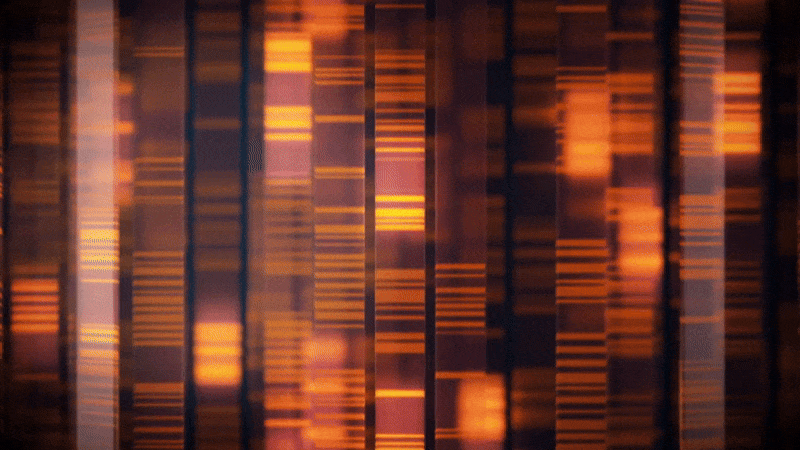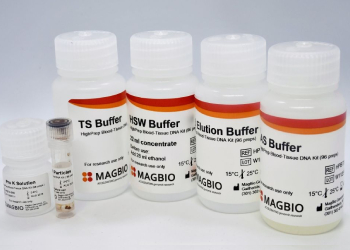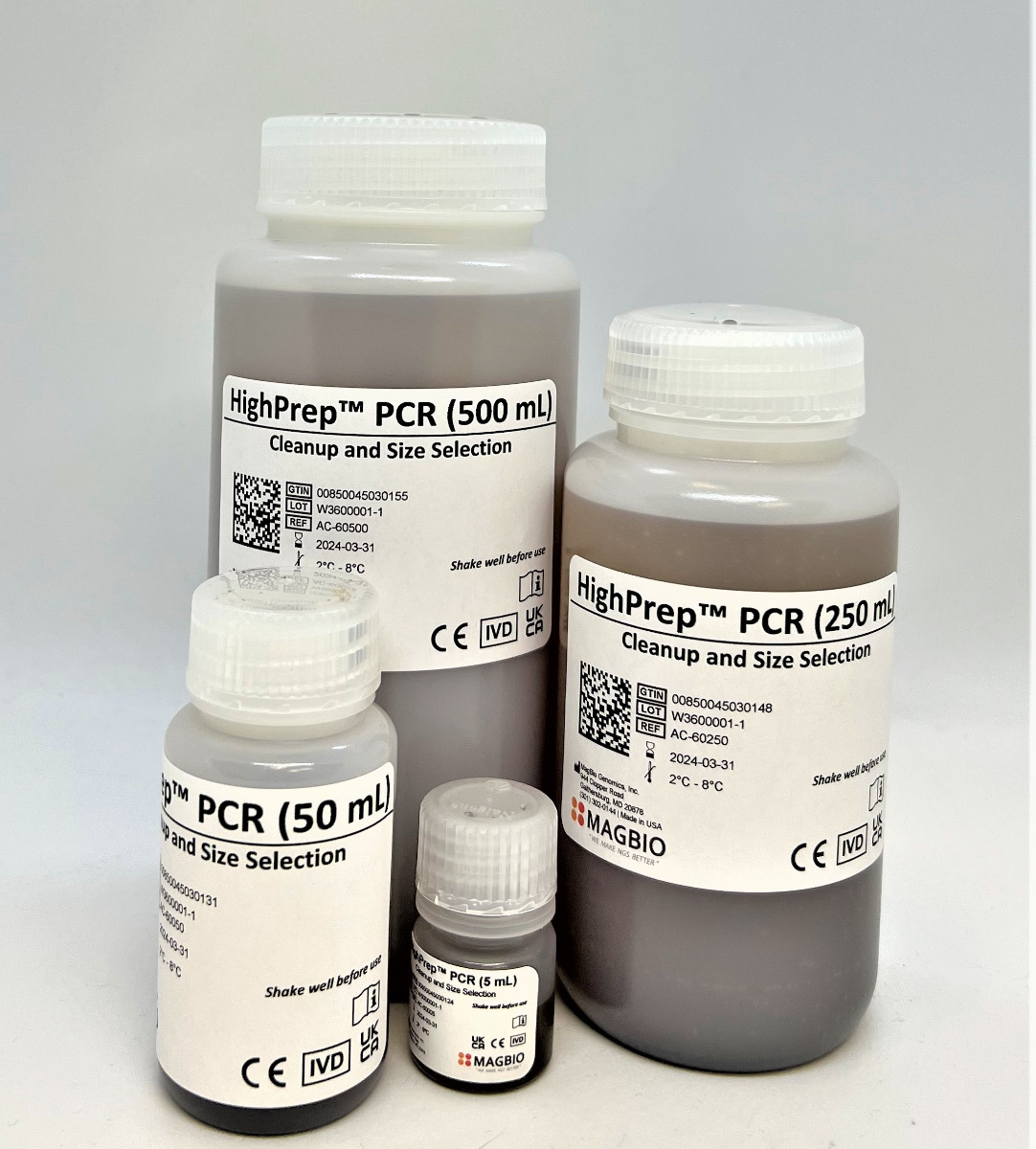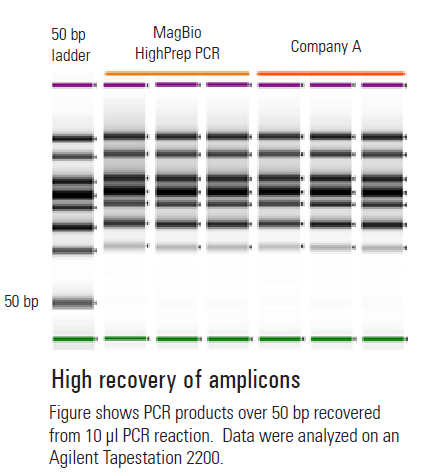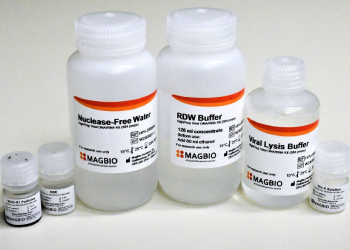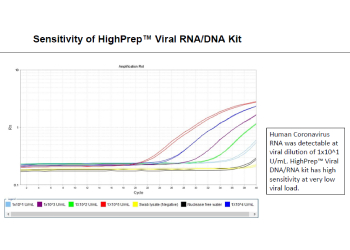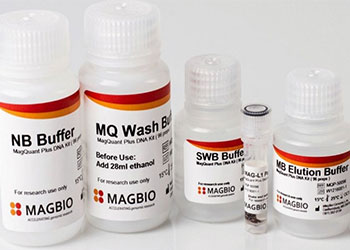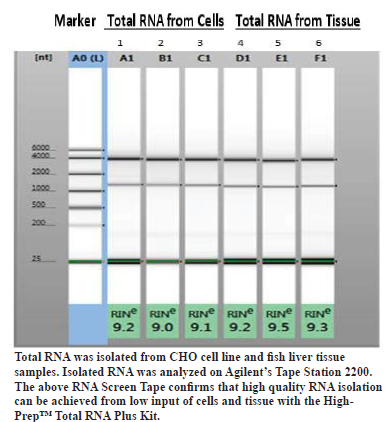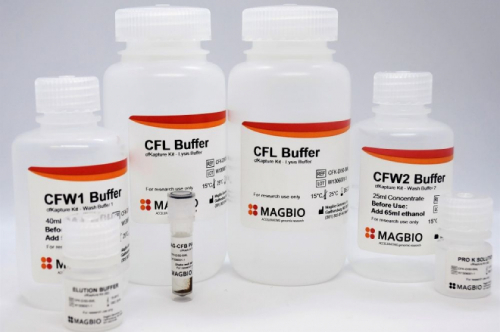Blood STASIS - DNA/RNA Blood Collection Tubes
Evacuated tube used for collection, anti-coagulation, stabilization, transport, and storage of venous whole blood as well as for the preservation of blood genomic DNA and RNA
Clinical Report – Viral RNA Stabilization at RT
Blood collection and stabilization of DNA and RNA for:
- DNA extraction
- RNA extraction
- Human and animal genomic research
- Preserve and maintain sample integrity for 3 days
- Prevents effect of time, storage conditions on blood samples integrity
- Allows samples to be batched to improve laboratory efficiency
- Compatible with various extraction/purification techniques
The Blood STASIS™ - DNA/RNA is a plastic, evacuated tube used for collection, anti-coagulation, stabilization, transport, and storage of venous whole blood as well as for the preservation of blood genomic DNA (gDNA) and RNA.
- gDNA is stable for up to 3 days at 4oC to 37oC
- RNA is stable for up to 3 days at 4oC to 37oC
This is a short overview of the protocol, for detailed protocols, please refer to PRODUCT DOCUMENTS
Procedure for Specimen Collection
- Blood STASIS™ - DNA/RNA tube should be properly labeled and be at room temperature before use.
- Collection of blood in the tube is done using the SOP for venipuncture technique used in customer’s laboratory.
Preventing back flow
- To guard against back flow, observe the precautions mentioned in our protocol.
- Fill Blood STASIS™ - DNA/RNA tube to the indicated line on the tube.
- Invert the tube 8 to 10 times gently to allow efficient stabilization of specimen.
| Features | Specifications |
| Sample | Blood, plasma/serum |
| Use | collection, anti-coagulation, stabilization, transport, and storage of whole blood as well as preservation of blood genomic DNA and RNA |
| Collection Volume | 3 mL, 6 mL, and 9 mL |
| Storage and Transport temperature | Room Temperature |
| Shelf-Life Stability | 14 months |
| Sample Stability | Stabilizes the sample for 3 days |
| Applications | Enables isolation of gDNA and RNA from the same sample. Collected cells are maintained intact, making them suitable for FACS analysis, Cancer Research, and Organ Compatibility assays. |
No references yet. Want to share one? Write us an email.



 (301) 302-0144
(301) 302-0144 info@magbiogenomics.com
info@magbiogenomics.com
